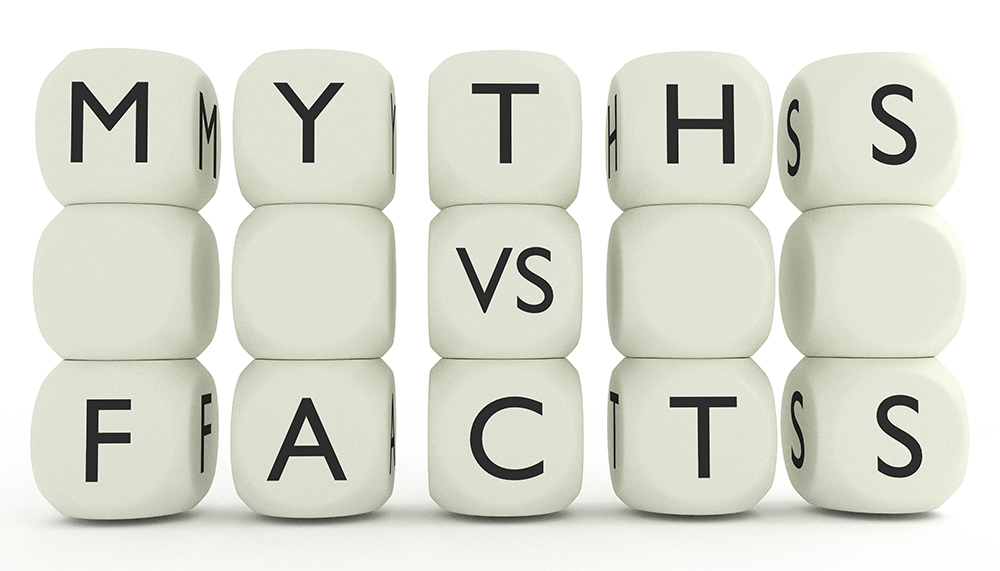The current period in our collective economic development is often called the “Information Age” or referred to as an “information economy.” The Cambridge Dictionary defines this concept as “an economy in which knowledge, information and services are more valuable than manufacturing.” Companies in this economy treat information as both an input and an output of their business processes.

Not All Information Is Created Equal
But not all information is created equal. Years ago, it typically took considerable effort and resources to have one’s theories and insights published and made available to a mass audience. People would look to books and the nightly news for hard facts.
But the Internet and social media have led to much more distributed sources of information, meaning anyone with a computer and an Internet connection can post information that is immediately accessible to a global audience.
Emerging Concern Over ‘Fake News’
The 2016 presidential election in the United States brought to international prominence the idea of “fake news.” But Webwise argues that the term “fake news” should generally be avoided, as it has gained a specific political connotation.
Instead, its suggests the use of the term “false information,” which it defines as follows:
False information is news, stories or hoaxes created to deliberately misinform or deceive readers. Usually, these stories are created to either influence people’s views, push a political agenda or cause confusion and can often be a profitable business for online publishers. False information can deceive people by looking like trusted websites or using similar names and web addresses to reputable news organisations (sic).
False information has become such a pervasive problem that the European Journalism Centre, with support from Craig Newmark Philanthropies, recently published the Verification Handbook to help journalists cope with the challenges of disinformation and media manipulation.
A Guide to Identifying False Information
A source of information doesn’t need to be malicious or have the intent to mislead. The source could simply be incorrect. There are plenty of bloggers, amateur journalists, and opinionated commentators willing to forcefully present information that is flat-out wrong.
Organizations rely heavily on information to make decisions. These decisions often need to be made quickly and can have significant consequences.
Employees at any level can fall victim to false, misleading, or simply incorrect information from seemingly reliable sources. In a follow-up post, we’ll discuss some strategies companies can teach employees to avoid this trap.
